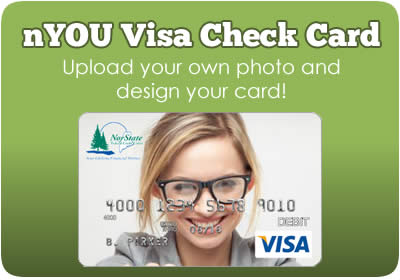Check Cashing Fraud Prevention
Check cashing fraud occurs when individuals use information taken from your checks, or the checks themselves, to access your accounts and commit fraudulent acts. By following these simple guidelines you can greatly reduce your risk of becoming a victim.
Tips for protecting yourself against check cashing fraud:
- Always safeguard your checks. Do not leave your checks out in an open area. Never leave your checks in your car or out on your desk at the office.
- Keep your blank checks and canceled checks in a safe place. Destroy or shred old blank checks if you are not going to use them.
- Limit the amount of personal information printed on the checks to your name and address. Use plain designed checks. The fancier the check the easier it is to forge the signature. Useful information for thieves includes not only your account numbers, but information used to verify your identity, such as your driver's license number, social security number, and secret codes. Don't have this information printed on your checks.
- Don't leave your bill payments sitting in an unlocked mailbox for pickup. Many identity thieves will steal bills from rural mailboxes so they can get your account information, checking information, and even your checks. Go to the Post Office directly or use a curbside USPS mailbox (the blue metal ones) and drop your bills in the slot rather than using less secure street mailboxes.
- Be discreet when writing checks in public places. Write your checks carefully and leave no space in which figures or words can be inserted.
- When you make an error in writing a check, be sure to destroy the check or write "canceled" across it and store it with your other canceled checks.
- If your checks are lost or stolen, report it immediately to your financial institution.
- Reconcile your monthly statements as soon as you can to ensure all transactions are accurate. Contact your financial institution immediately if you do not receive it when expected. Be sure to contact your institution within that time frame to ensure that proper attention is given to reconciling the problem.
- When you reorder checks, mark your calendar. If you don't receive your checks within 14 business days, contact your financial institution immediately to inquire as to the status of the order.
- Consider alternatives to check writing. For instance, paying by phone, online, or setting up automatic payments. Fewer checks mean fewer theft opportunities.



